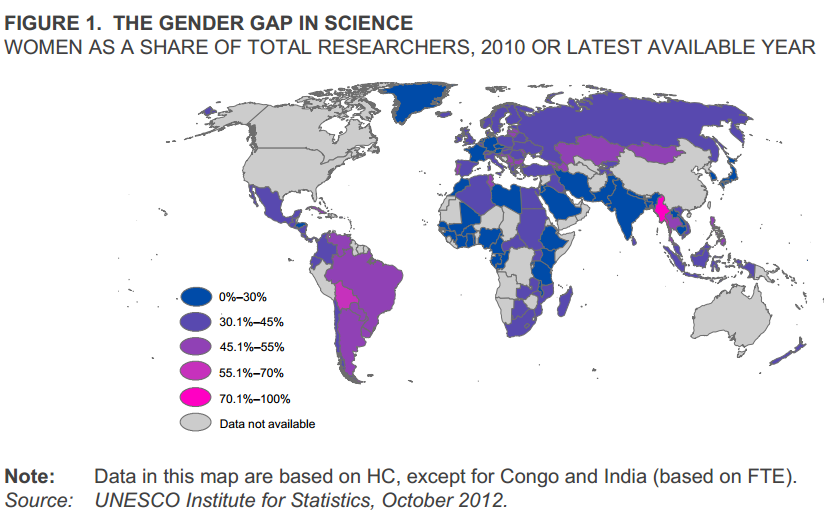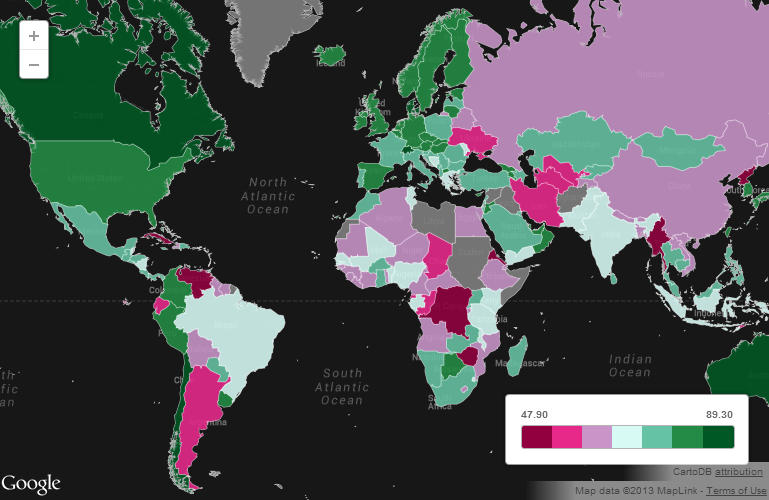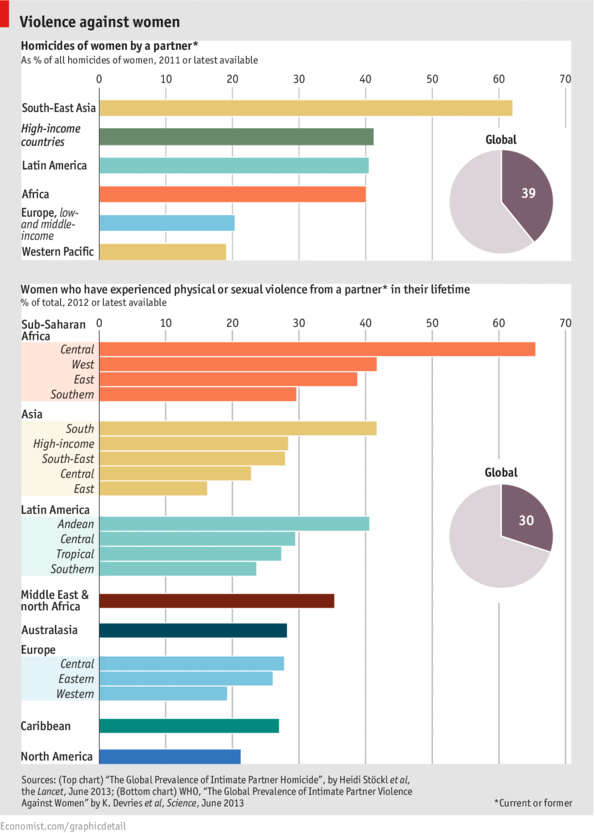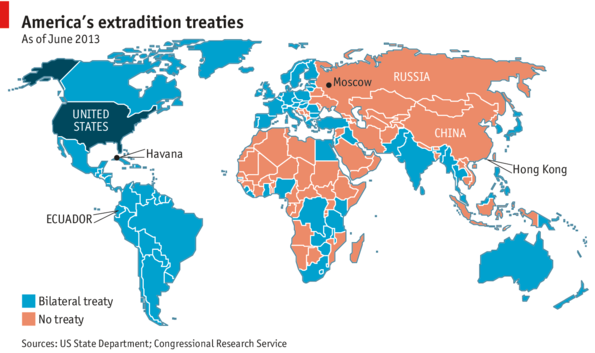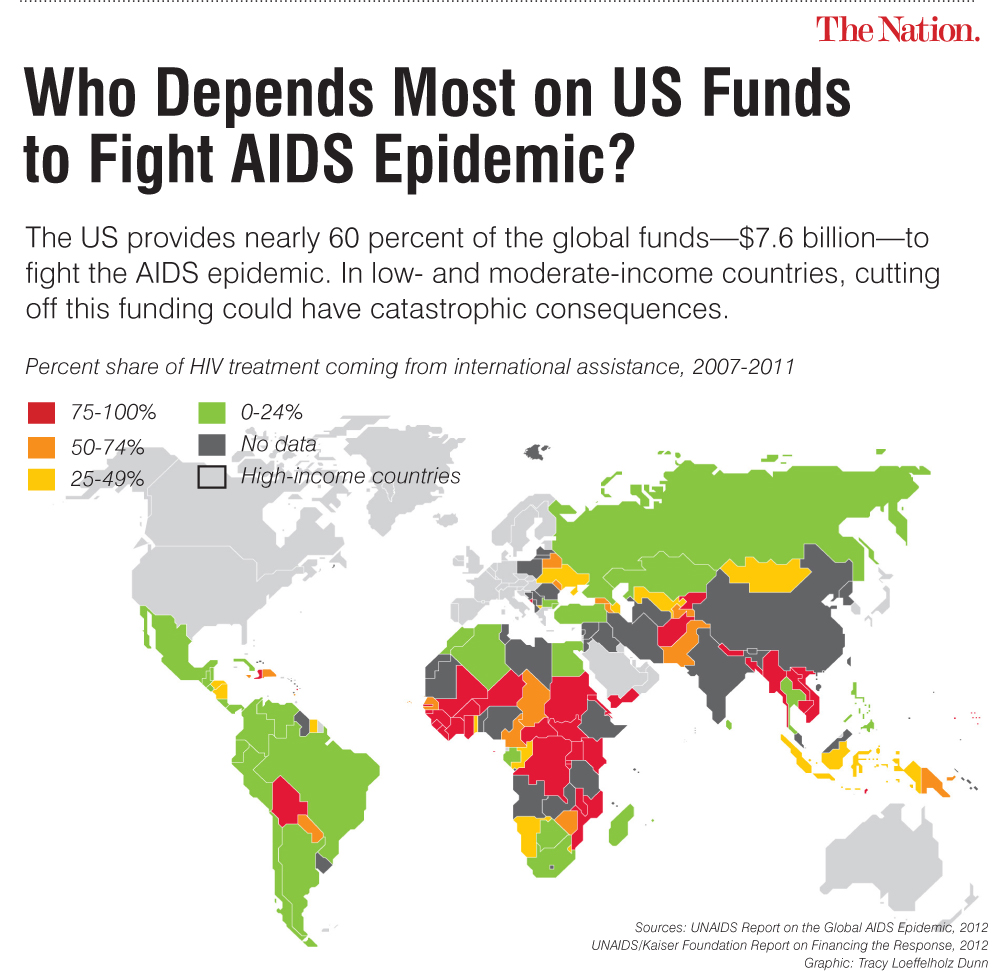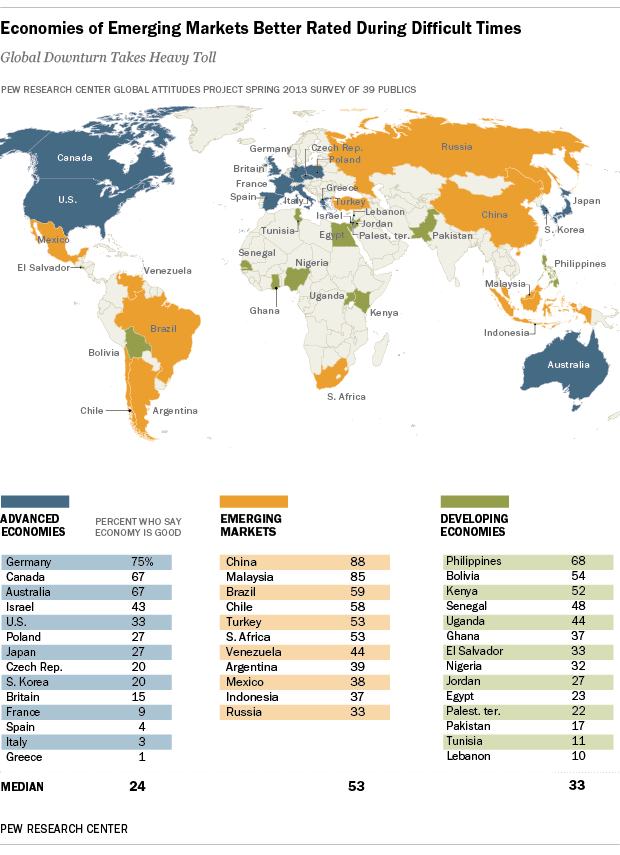Each country leads the world in different things, from good to bad things to awkward ones.
According to the map above, France leads the world in tourism, India in making movies, Saudi Arabia in oil reserves, the United States in producing Nobel laureates, Greece in olive oil consumption, Switzerland in the rate of employment, Norway in democracy, Brazil in FIFA world cup titles, and Costa Rica in happiness, to name a few.
Other countries lead in not so positive things. For example, Russia leads in the number of nuclear warheads, China in carbon emissions, Afghanistan in opium production, North Korea in censorship, and Yemen in gender inequality.
Among the awkward we find Venezuela leading in the number of miss universe titles, Argentina in exporting soccer players, Netherlands in the tallest people, Iran in the highest brain drain, Sweden in atheism, and Mexico in lightning strikes.
Source: Policy Mic: This Map Shows the Weird Things Each Country Leads the World In

